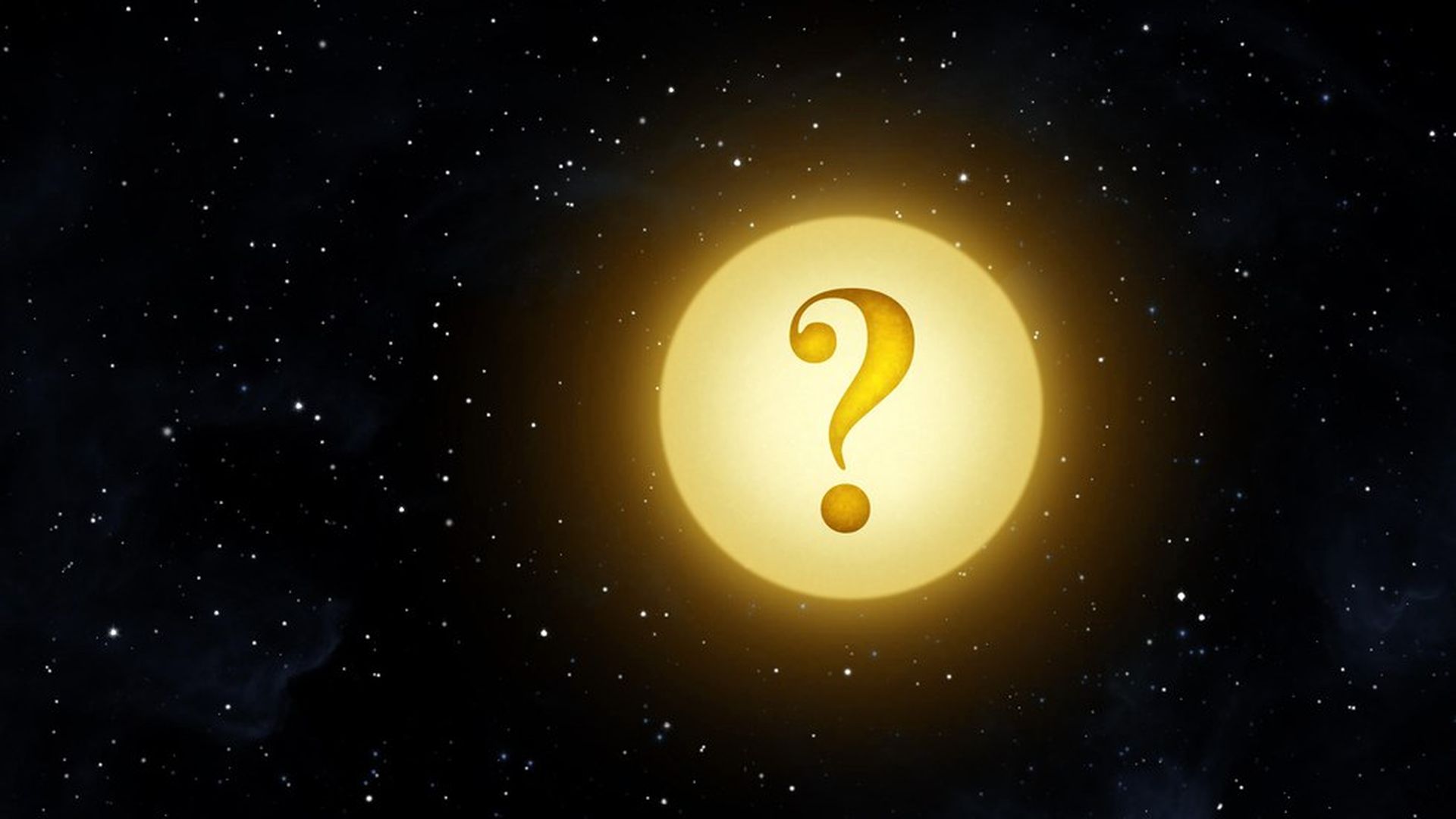Aug 17, 2017
Expert VoicesWhat we still don't know about the Sun
Add Axios as your preferred source to
see more of our stories on Google.

Rebecca Zisser / Axios
Add Axios as your preferred source to
see more of our stories on Google.

Rebecca Zisser / Axios